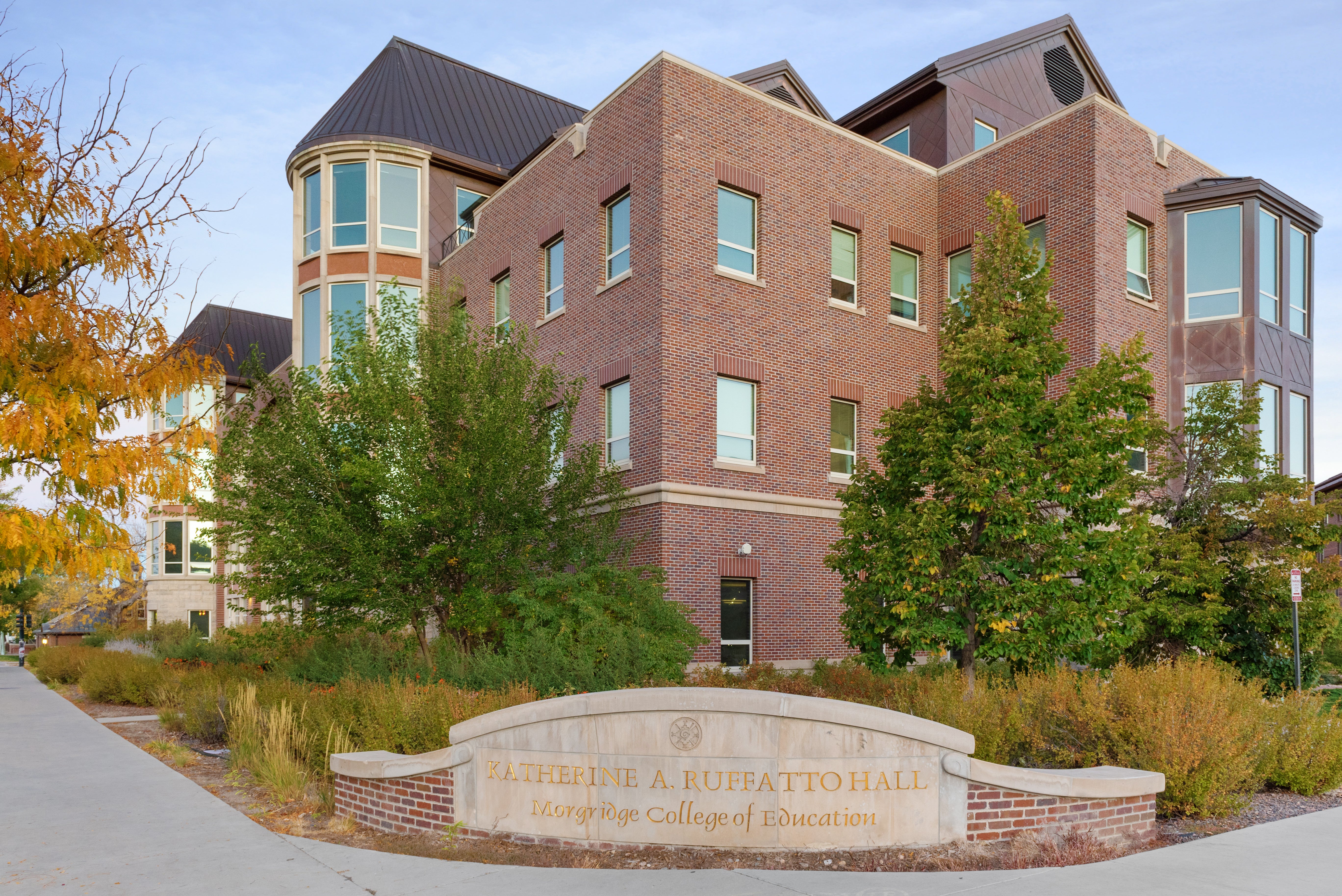Innovative Project Addresses “Dire Need” for School Psychologists in Colorado’s Rural Communities

A new program from the University of Denver’s Morgridge College of Education will help recruit and train school psychologists in Colorado’s rural communities. The program, School Psychology Inclusive Rural and Innovative Training (SPIRIT), received a five-year, $3.82 million grant from the U.S. Department of Education and an additional $138,943 from the Colorado Department of Higher Education. With 96% of its funding coming from federal dollars and 4% from state resources, SPIRIT is poised to fill a critical gap in rural education.
To adequately serve the mental health needs of students, the National Association of School Psychologists recommends a ratio of one school psychologist per 500 students. In Colorado’s rural schools, DU researchers have found that the ratio is one school psychologist for every 2,128 students.
“That’s over four times the recommendation,” says Robyn Thomas Pitts, an assistant professor of evaluation and mixed research methods at Morgridge. “Clearly, there is a critical shortage and a dire need for these important mental health professionals in schools in our rural communities.”
Thomas Pitts is the project’s co-principal investigator alongside Amy K. McDiarmid, a clinical assistant professor at Morgridge. McDiarmid has extensive experience as a school psychologist and serves as the field placement coordinator for the school psychology program, where she has seen firsthand how hard it is for rural school districts to hire and retain mental health professionals. “Many rural districts that were looking for school psychologists had open positions that remained open for years,” McDiarmid says.
SPIRIT is the brainchild of the PRISMS team, an interdisciplinary collective of Morgridge professors that was formed in 2021 by Cynthia Hazel as a result of the College’s strategic planning. “We got together with an idea and a charge to address community-based needs,” McDiarmid says. “We started planning and came up with a bunch of different options. One of the big areas we were all thinking about was the needs of rural Colorado communities related to mental health, specifically school-based mental health.”
The team’s work is grounded largely in the thought leadership of another innovative DU body. In 2018, the Center for Rural School Health & Education (CRSHE, pronounced “crush” and led by PRISMS member Elaine Belansky) received a grant that funded a comprehensive workforce survey of Colorado’s rural school districts. The results illuminated the mental health hiring needs of these districts and articulated recommendations from their leaders for improving recruitment strategies. Building a local pipeline of school psychologists and offering reduced tuition for school-based mental health degree programs were among the most prevalent suggestions.
The PRISMS team followed CRSHE’s research to guide its work in designing SPIRIT. “That helped us really establish our approach in the needs of the community and the voices we were hearing from rural Colorado about how to fill open positions from within their communities,” says Thomas Pitts.
Over the next five years, SPIRIT will help recruit and train 32 new school psychologists who will make a direct impact in the state’s rural districts. Most of the trainees will come directly from these communities, which will help build a local pipeline, and Morgridge Dean Michelle Knight-Manuel will offer reduced tuition for them to earn an educational specialist in school psychology degree from the college. A unique hybrid modality will allow the trainees to learn online so they can continue serving their home communities during the school year, and then they will attend in-person sessions on DU’s campus each summer.
Partnering directly with school districts and various state agencies has helped the PRISMS team tailor the program to meet the needs of the local communities. “We’ve gathered together a core group of rural-serving school psychologists that have looked at the curriculum and provided us with information about how to adapt it and how to apply it for rural-serving practitioners,” says McDiarmid. Trainees will gain valuable field experience while supporting their communities through practicum placements and internships during their second and third years, respectively.
Another unique component of SPIRIT is that it includes a grow-your-own initiative to make high school students aware of career opportunities in school-based mental health services. “The goal is to help them understand what the pathway would look like from high school to undergraduate and then graduate-level training so they can bring school-based mental health resources and skills back home to their communities,” says Thomas Pitts.
As an inclusive and culturally sustaining project, SPIRIT embodies the Morgridge mission of being a force for positive change in the lives of individuals, organizations and communities. The project promises to make an immediate impact at the state level and could create a blueprint for much-needed changes in school-based mental health approaches across the country.


